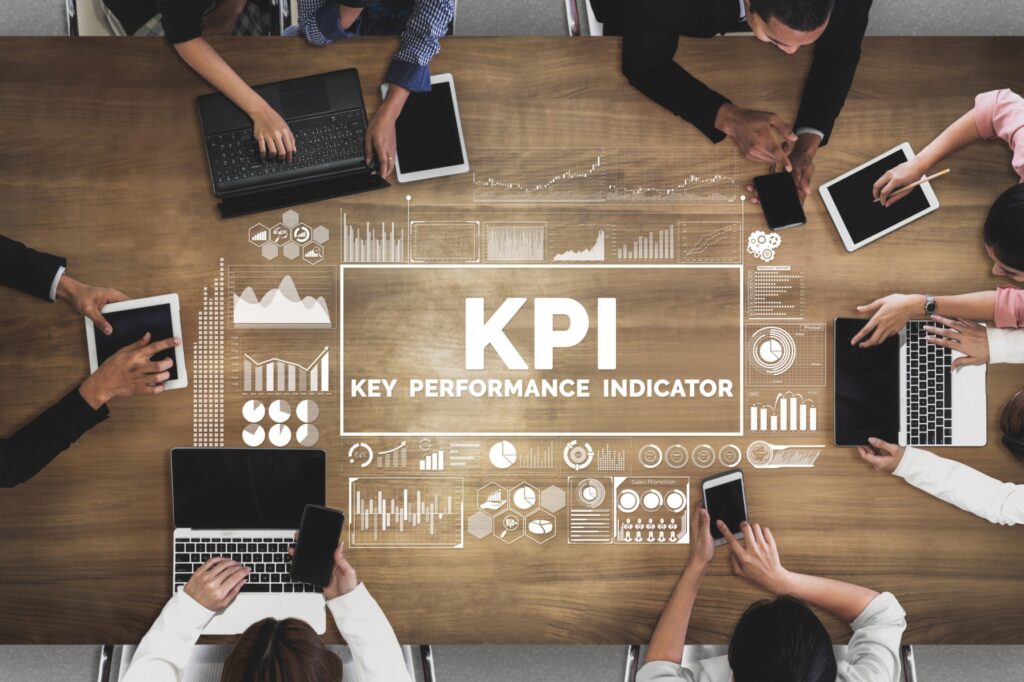Measuring Success: KPIs for Evaluating Business Agility Foundation

Measuring Success: KPIs for Evaluating Business Agility Foundation
In today’s dynamic business environment, achieving and maintaining a business agility foundation is crucial for long-term success. Key Performance Indicators (KPIs) play a vital role in evaluating the effectiveness of business agility strategies. Whether obtaining the ICP-BAF certification or implementing agile practices, organizations must assess their progress using relevant KPIs.
The ICP-BAF certification is a benchmark for individuals seeking to validate their understanding of business agility foundations. Organizations can track their performance and make data-driven decisions to continually improve their business agility by monitoring KPIs related to adopting agile principles and practices. Embracing ICAgile BAF principles while regularly evaluating KPIs will enable organizations to adapt swiftly to market changes and drive ongoing success.
what is business agility
Business agility is crucial for organizations to adapt and thrive in today’s rapidly changing business environment. It refers to an organization’s ability to quickly and effectively respond to changes in the market, customer needs, and technology. Business agility allows companies to remain competitive, innovate, and deliver customer value in a fast-paced and unpredictable market landscape.
Definition and importance of business agility foundations
Obtaining the Business Agility Foundations (ICP-BAF) certification from ICAgile can provide professionals with a solid understanding of the principles and practices that constitute a business agility foundation. This certification equips individuals with the knowledge and skills to drive organizational agility, navigate complexity, and steer business transformations effectively. With the ICP-BAF certification, professionals can contribute to building a sustainable foundation for business agility within their organizations, ultimately fostering resilience and adaptability in dynamic business environments.
Key components of an agile business
The key components of agility in business include fostering a culture of adaptability and innovation, implementing flexible and responsive organizational structures, promoting cross-functional collaboration, and embracing continuous improvement and learning. Additionally, leveraging technology to enable agility, developing efficient processes, and empowering employees to make autonomous decisions are essential elements of an agile business.

Understanding Key Performance Indicators (KPIs)

Key Performance Indicators (KPIs) are essential metrics for evaluating an organization’s progress towards its objectives. Understanding KPIs is crucial for measuring performance, identifying areas for improvement, and making informed decisions. In the context of business agility foundation (ICP BAF) and certification, KPIs play a pivotal role in assessing the effectiveness of agile practices and frameworks. Organizations can align their performance metrics with agile values and principles by incorporating business agility foundation certification (ICP BAF certification) and ICAGILE BAF principles into KPI development.
How to Measure Business Agility with Key Performance Indicators (KPIs) in ICP-BAF Certification
Key Performance Indicators (KPIs) are quantifiable measures utilized to evaluate the success of an organization in meeting its strategic and operational objectives. Within the context of business agility foundation (ICP BAF) and certification, KPIs play a pivotal role in assessing the effectiveness of agile practices and frameworks. These business agility metrics provide insights into the performance of teams, processes, and projects, aligning with the principles of ICAGILE BAF. KPIs enable organizations to track progress, identify areas for improvement, and make data-driven decisions to enhance business agility foundation certification (ICP BAF certification). Key KPIs for Measuring Business Agility are
- Step1: Define Business Agility Goals
- Step2: Identify Relevant KPIs
- Step3: Establish Baselines and Benchmarks
- Step4: Track and Analyze KPI Performance
- Step5: Implement Continuous Improvement
Types of KPIs relevant to business agility metrics
 When measuring business agility, several key performance indicators (KPIs) are crucial in assessing an organization’s progress. Some KPIs relevant to business agility, particularly for those pursuing the Business Agility Foundation (ICP-BAF) certification or the ICAgile BAF certification, include customer satisfaction, employee engagement, lead time for product development, frequency of product releases, and team productivity.
When measuring business agility, several key performance indicators (KPIs) are crucial in assessing an organization’s progress. Some KPIs relevant to business agility, particularly for those pursuing the Business Agility Foundation (ICP-BAF) certification or the ICAgile BAF certification, include customer satisfaction, employee engagement, lead time for product development, frequency of product releases, and team productivity.
Types of KPIs Relevant to Business Agility Metrics
1. Strategic Agility KPIs
2. Operational Agility KPIs
3. Workforce Agility KPIs
4. Financial & Risk Agility KPIs
Popular Tags
business agility transformation, what is the benefit of business agility, business agility definition, business agility meaning, what is business agility, define agility in business, what is agility in business, business agility certification, business agility consulting, business agility training, how to measure business agility, icagile business agility, how to measure agility of an organization.










